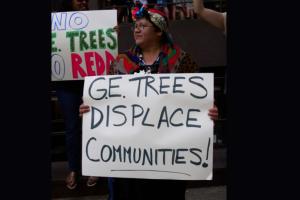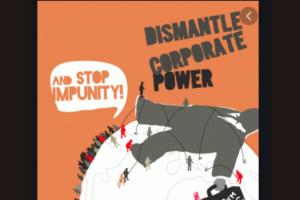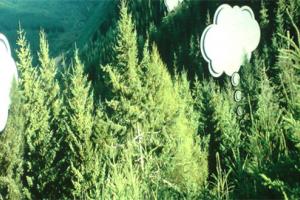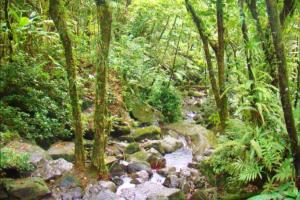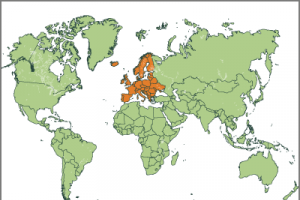Genetic engineering allows scientists to modify trees by inserting genetic material from another tree of the same species, from another tree species or from another species altogether. The attempts by research and plantation companies in the US, Brazil and other countries to commercialize engineered trees are posing an enormous risk to the world’s forests.
Europe (general)
Bulletin articles
26 September 2014
Other information
26 September 2014
Bulletin articles
26 September 2014
Bulletin articles
26 September 2014
Other information
7 March 2014
The “eyesore of the year” award is given by the Network Social Responsibility (NeSoVe) - a network of NGOs and workers' representatives - to companies, organizations, institutions and individuals who have acted very irresponsibly and without regard to social and / or environmental damage, often using elaborately designed Sustainability and CSR reports, lobbying and sponsorship. The blame and shame award “eyesore of the year” aims at uncovering and denouncing this behaviour to demand corporate accountability.
Bulletin articles
29 June 2011
Faced with rising prices for raw materials and the hoarding of minerals by certain emerging economies, Europe is sharpening its claws. And, as always, it is the countries of the South with large natural reserves of coveted resources that will end up on the losing side, especially their populations.
Other information
16 June 2011
Only available in Spanish -
By Guadalupe Rodríguez, Salva la Selva.
Bulletin articles
30 July 2009
The Forest Movement Europe (FME) is an informal network of more than 45 NGOs from12 European countries. It is a loose movement with no formal membership and without a formal secretariat that has been working on forest issues for nearly ten years.
Other information
30 January 2009
Before the current global economic meltdown, the pulp industry had ambitious expansion plans. Although the industry was closing mills in the North, it was expanding dramatically in the South where about five million tons of new capacity was due to start up each year for the next five years. Vast areas of monoculture tree plantations have been established to feed raw material to huge new megamills, particularly in Latin America, southeast Asia and South Africa.
